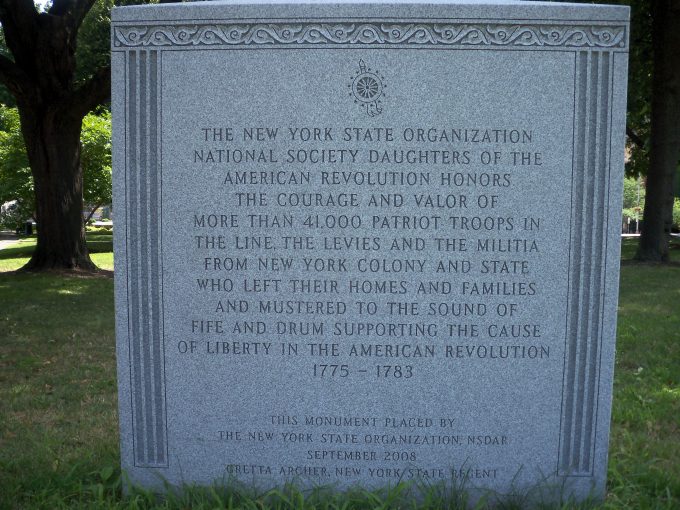
Saturday, 25 May 2019
Now may the God of peace who brought up our Lord Jesus from the dead, that great Shepherd of the sheep, through the blood of the everlasting covenant, Hebrews 13:20
The author now proclaims a benediction upon the reader which comprises verses 20 and 21. His opening words in this proclaim a title not found in the Old Testament, and which is only found in Paul’s writings elsewhere as he calls upon “the God of peace.” In Paul’s writings, as in Hebrews, there is normally something in the epistle which was elaborated on which would impede peace in one’s life, but which was addressed by the author to bring about a state of peace in those who applied the principle(s) to their lives.
In the Greek, there is an article before “peace,” which is lacking in almost all translations. It more rightly says, “the God of the peace.” It is an indication of the great and expected peace which the redeemed will see realized in its fullest sense when they are brought to glory, but which we have a foretaste of now as we consider our salvation and what it means in a world full of toil and strife. Jesus spoke of this peace in John 14:27. Paul again refers to it in Philippians 4:7.
As such, there is now an appeal to the “God of peace” for the blessing which is to be stated. But before making the appeal, a couple more descriptors of this same God of peace will be mentioned. First, it is He who “brought up our Lord Jesus from the dead.”
Here is the only specific reference to the resurrection of Christ in the book of Hebrews. A note on the general resurrection was found in Chapter 6, but this is specifically Christ’s victory over death which is being referred to. It is through His death, and only through His life because of that victory over death, that man’s access to God and a restored paradise is possible.
It is a note which explains to us the words of Jesus in John 14:6. He is the way, the truth, and the life. No person may come to the Father except through Him. It is He who holds the keys to Hades and death (Revelation 1:8), and it is He alone who allows our release from the clutches of both.
Next, the author calls Him, “that great Shepherd of the sheep.” The Greek reads, “the shepherd of the sheep, the great.” In John 10:14, Jesus claims the title, the Good Shepherd. In 1 Peter 2:25, Christ is called “the Shepherd and Overseer of your souls,” and in 1 Peter 5:4, He is called “the Chief Shepherd.” Each of these expresses the exalted nature of the Shepherd who has the ultimate care for those of His flock. But the truly remarkable aspect of His care of the flock is highlighted by the next words, “through the blood of the everlasting covenant.”
Christ was willing to lay down His life for His flock, exactly as He promised in John 10:15 (and elsewhere), in order to bring about the salvation of those who come to Him in faith. And in this, it was a one-time-for-all-time act. His sacrifice provided “the blood of the everlasting covenant.”
The word “everlasting,” signifies “eternal.” Christ fulfilled the Old Covenant and, as was seen several times in Hebrews, annulled it. Unlike that covenant, the New Covenant has no end. Its significance for those who come to Christ is eternal in nature. It is this part of Christ’s work, meaning His death, that initiated this covenant. The resurrection simply proved the effectual nature of it. In His resurrection, proof of sinlessness was seen. Therefore, the resurrection is a seal upon which we can know – with all certainty – that the blood of Christ is sufficient to cleanse us from all impurity.
In all, a more literal rendering of the entire verse would be –
“Now the God of the peace, having brought up out of the dead the shepherd of the sheep, the great, by an eternal covenant: the Lord – of us – Jesus.”
Life application: Two excellent points to ponder from this verse –
1) In the 23rd Psalm, David calls the Lord, “my shepherd.” That title is applied to Jesus in various forms – by Himself and by the writers of the epistles. What is clearly implied is that Jesus is the incarnation of Jehovah of the Old Testament. There is no doubt the writers of the New Testament intended for us to see this.
2) Jesus’ shed blood initiated a new and eternal covenant. It completely sets aside the Old Covenant for those who have trusted in Him.
Are you struggling with legalism and working under the law to please God instead of trusting in Christ alone for your salvation? Are you struggling with the concept of Jesus’ divinity? Both of these are clearly referred to and spoken of here and elsewhere. Take time to reflect on the surety of God’s ability to save you despite your failings. Also, take time to reflect on the unique nature of the God/Man – Jesus our Lord. And then accept these as absolute truth. It is what Scripture teaches.
Lord God Almighty! Thank You for Jesus, our Great Shepherd. He is the One who reaches down into humanity to redeem us from the curse of the law. Help us to understand that You have accomplished this through Him, and that our only means of reconciliation to You is through what He has accomplished. Glory, majesty, and perfection reside in You alone, O God! Amen.




